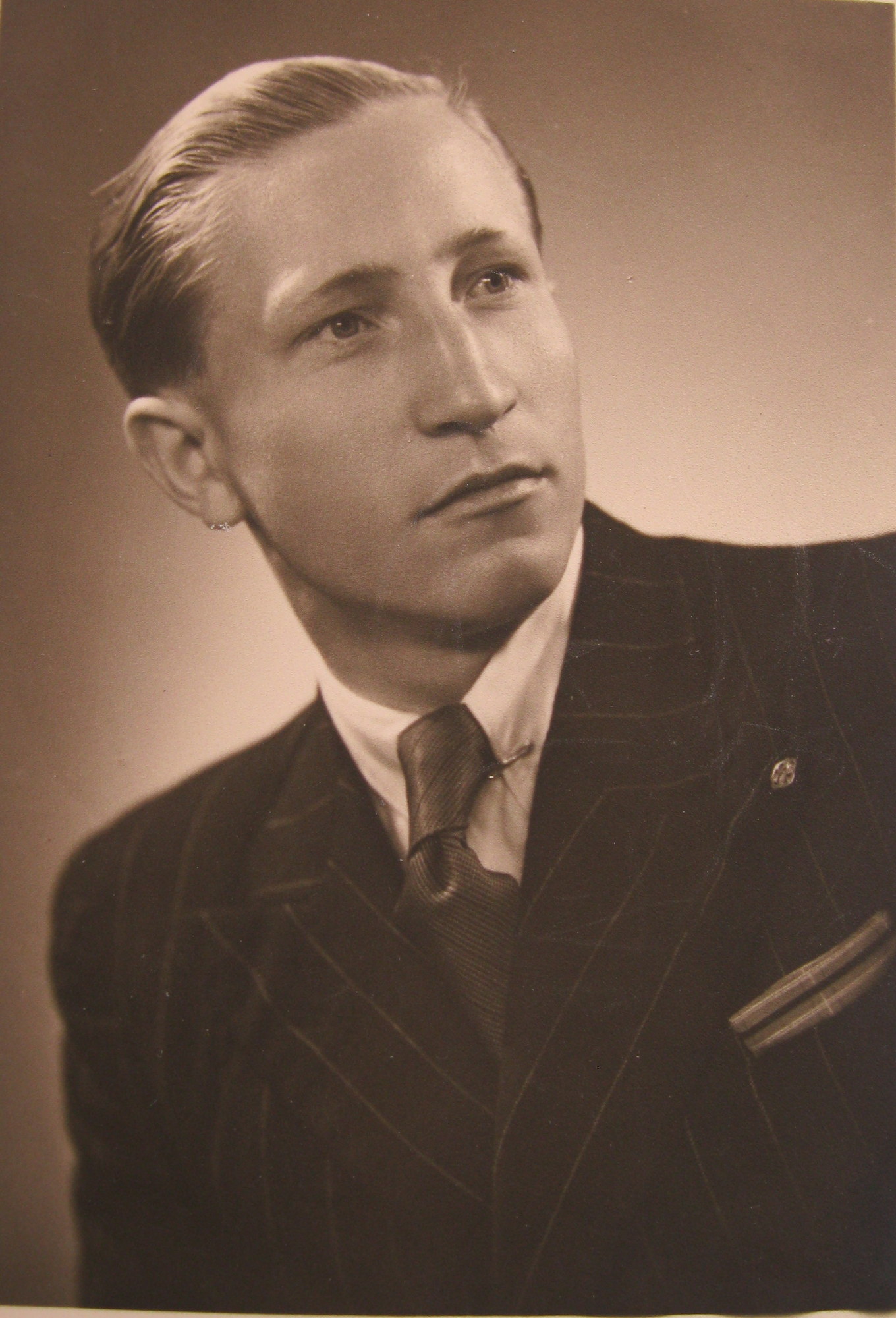They made such a huge group of us, we could have knocked down half of the country

Stáhnout obrázek
Miroslav Wildung was born in 1919 in Měrovice nad Hanou. Although he claims that he has never been involved in an anti-Communist rebellion, he was twice imprisoned. The first time was in 1949 in what used to be Gottwaldov, when he was sentenced to 4 months for illegally trying to leave the territory of Czechoslovakia. He spent his term in the Mušlov prison nearby Mikulov. Being an enemy of the democratic people‘s regime, he was sent to forced-labor camps in Pardubice and in Frýdek-Místek after he was released. Shortly after he came back home from the camps, he was put on a trumped-up show trial. The charges included high treason and the leadership of an anti state group. He was sentenced to 16 years in prison, the forfeiture of all his property and the loss of his civil rights. He was released from prison on an amnesty in 1960, after he had spent 7 years, 8 months and 16 days in the uranium mines of Jáchymov (the labor camps Nikolaj and Rovnost). At the time of the trial, his wife was in a state of advanced pregnancy and Miroslav saw his son for the first time when he was 1,5 years old. Today, he still lives together with his wife Ludmila Wildungová in his birth place.









